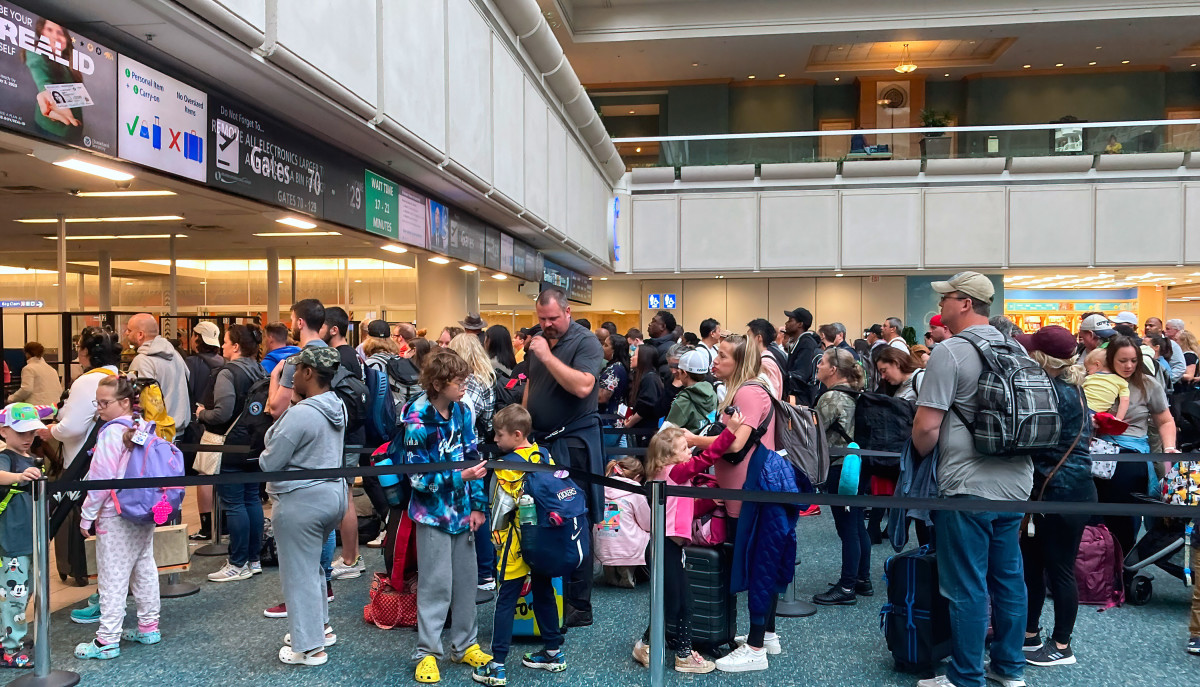
If you are expecting quick and seamless airline travel this year, you may need to lower your expectations as the CEOs of major U.S. airlines just warned that they are expecting a backlog of jet delivery delays from Boeing amid its battle with the Federal Aviation Administration after a series of safety issues.
“Boeing deliveries are going to be way behind this year,” said United Airlines CEO Scott Kirby at a conference on Mar. 12 organized by J.P. Morgan, according to a new report from Fast Company. Kirby also claimed that it was “impossible to say” when Boeing’s Max 10 jet, the company's largest plane that can seat a max of 230 passengers, is going to get certified.
Related: Boeing makes a change that pushes employees to not build faulty aircrafts
In a Mar. 12 filing to the U.S. Securities and Exchange Commission, Southwest Airlines revealed that Boeing advised the airline that it should expect 46 Max 8 jet models this year instead of the 79 that was previously expected. Southwest also revealed that there will be capacity reductions during the second half of 2024, which includes a pause on hiring of pilots and flight attendants, and that the company will end the year “with headcount down on a year-over-year basis.”
Alaska Airlines CEO Ben Minicucci also claimed during the J.P. Morgan conference that the company’s outlook on capacity is “in flux” and that it does not expect to receive the 47 aircraft deliveries from Boeing that it planned over the next two years, according to Fast Company's report.
Boeing is one of the two airplane manufacturers in the world that produce large passenger aircrafts. Airbus is its only competitor. Many airlines such as United Airlines, Southwest Airlines, American Airlines and Emirates are some of Boeing's biggest customers.
Ever since Boeing made headlines on Jan. 5 after an Alaska Airlines flight was forced to make an emergency landing after a door plug blew off of the Boeing 737 Max 9 aircraft mid-flight, Boeing’s safety and quality control practices have been put under a microscope, especially since a string of similar incidents involving its aircrafts later followed.
The incident with the Alaska Airlines flight led to an investigation from the Federal Aviation Administration which found “non-compliance issues in Boeing’s manufacturing process control, parts handling and storage, and product control.”
Also, a lawsuit was filed against Boeing from the passengers on the Alaska Airlines flight who are suing Boeing for $1 billion in damages for causing them “extreme panic, fear, and post-traumatic stress.”
It is no surprise that Boeing’s recent headwinds will have a domino effect on airline travel this year. Airline travel this year is expected to reach a record-high. A December report from the International Air Transport Association reveals that a record 4.7 billion people are expected to travel in 2024, which the association claims is “an historic high that exceeds the pre-pandemic level of 4.5 billion recorded in 2019.”







